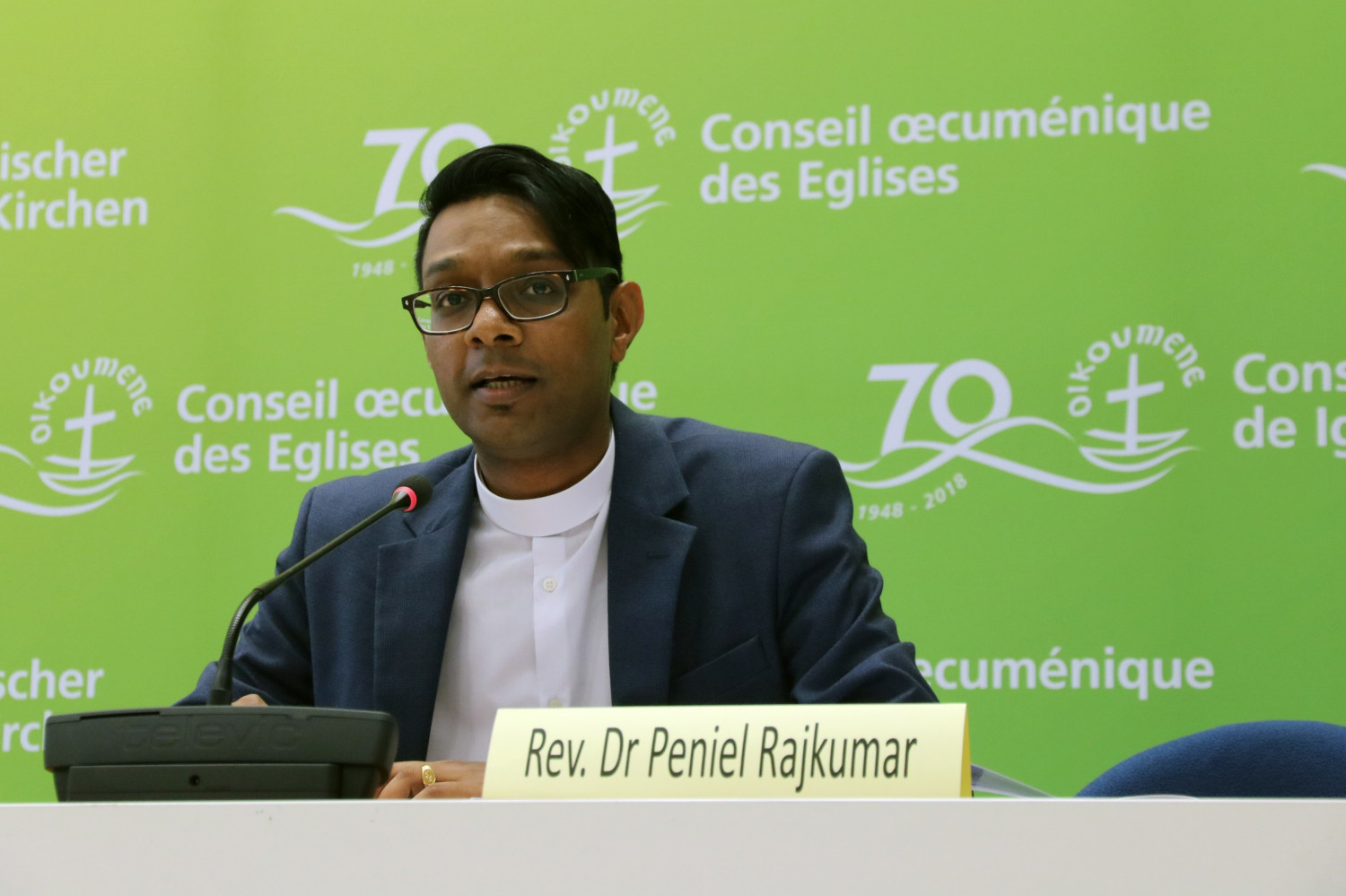Making Room

Dr Peniel Rajkumar, USPG Global Theologian
Christmas plays are fascinating exercises of imagination. One of my all-time favourite characters from Christmas plays in India has been the fictional ‘inn-keeper’ who refuses a place for Joseph and Mary in the ‘inn’. Of course this is ‘extra-biblical’ tradition, because the gospels themselves do not mention the innkeeper, but only that Jesus was born in a manger as there was no place for him in the ‘inn’.
There is more to the word ‘inn’ than meets the eye in the biblical text. An ‘inn’ in the Palestinian context was probably a single room, common space which would not allow the needed privacy for the delivery of a baby. In that context, taking into consideration the constraints of space in a place already teeming with people (because of the tax registration ordered by the Roman empire), and recognizing the need of Mary, making the manger a makeshift maternity ward seems a masterstroke of imagination.
I always wonder who was behind the decision to allow Mary to give birth to Jesus in a manger, though it is easy to theologically whitewash it as fulfilment of prophecy. Was it the owner of the inn who would normally be a man, or his wife or their entire family? Whoever it was, what seems conveyed is a resolute unwillingness to let constraints and circumstances have the last say when it comes to welcoming the stranger.
In a global context where fear of the 'other' fuels a lot of xenophobia, reading the Christmas story ‘between the lines’ might challenge many to exercise an alternative imagination amidst what the biblical scholar Walter Bruggeman calls “our jaded politics, our confused morality and our unbearable economics” which drive many to despair and make it difficult to discover ground for new possibilities.
The sign of the manger is a powerful antidote to the tendency to escape the costly commitment of embracing the other, often through seeking solace in the rhetoric of shortage and safety. In the making of space to welcome the unknown, the divine has been welcomed. There is an exchange of hospitality as the fragile hospitality of humans meets the hospitality of God, who comes to us in vulnerability. In this exchange of hospitality we find the inspiration to meet and not miss, to receive and not reject the divine in the face of the other. In such an embrace lies the promise of life in all its fullness.
Cities in tumult,
their citizens in turmoil
By the number games
of numbed consciences
Reduced to mere statistics
Fragile lives find no safety in numbers
For, in a first come first served world
the ones left behind are the weak and ‘heavy laden’
Into this messiness
The tender mercy of God breaks
Even on dark nights
Into dreary hearts
Bookended with the words “do not be afraid”,
The eternal Word assumes its shape
In the spaces we make and the faces we embrace
As that perfect love that casts away all fear
